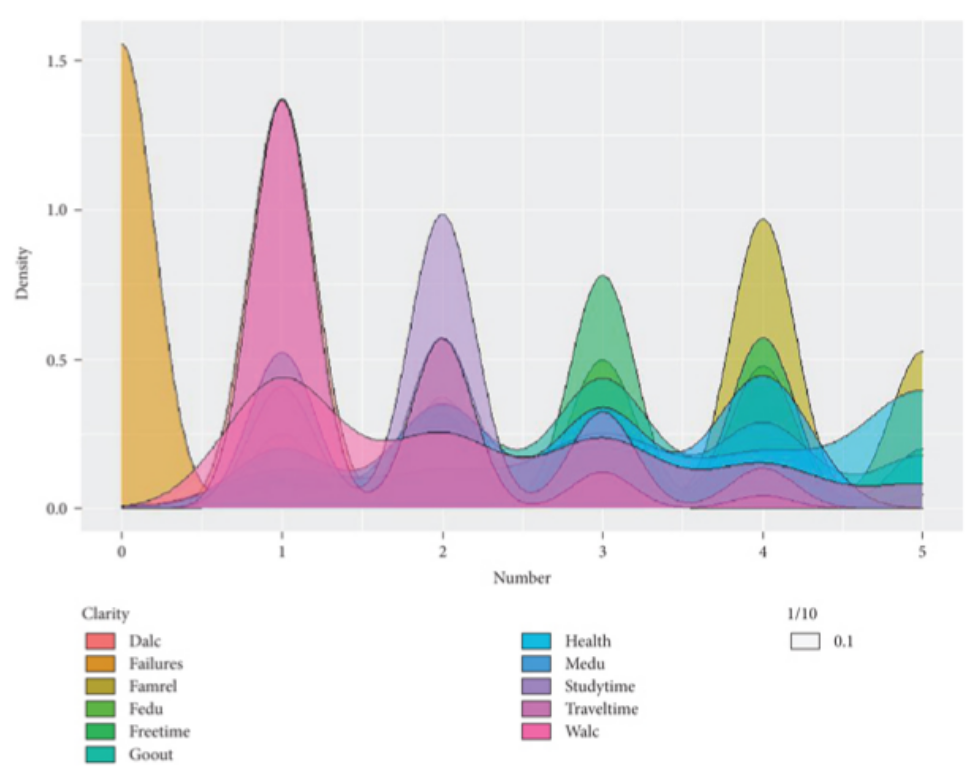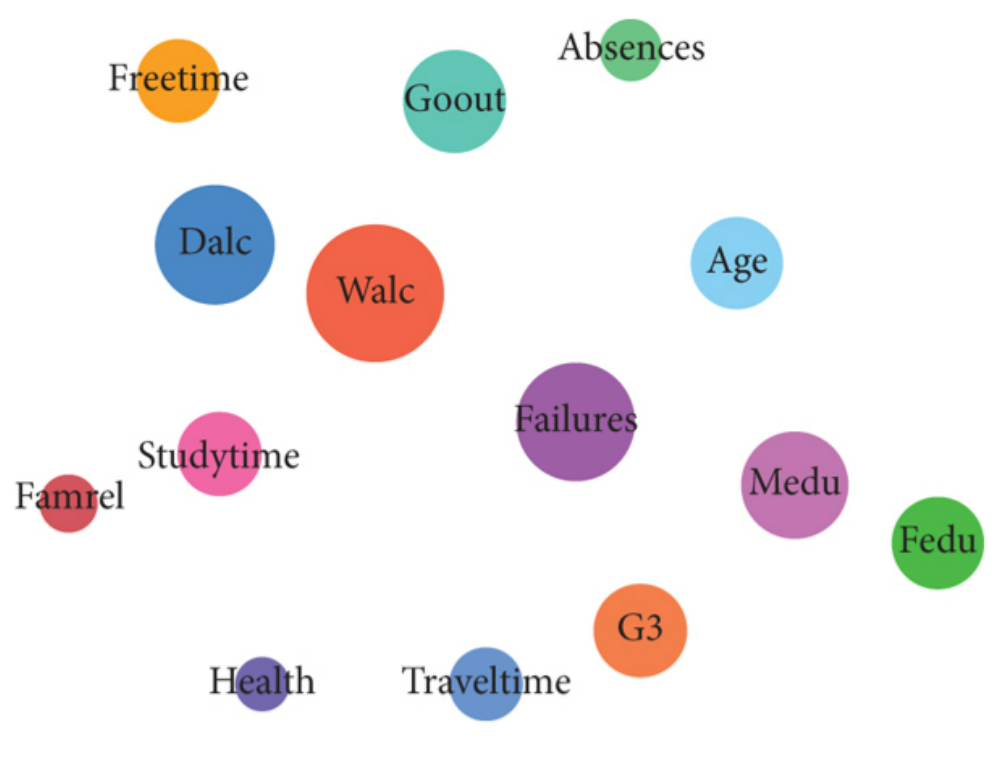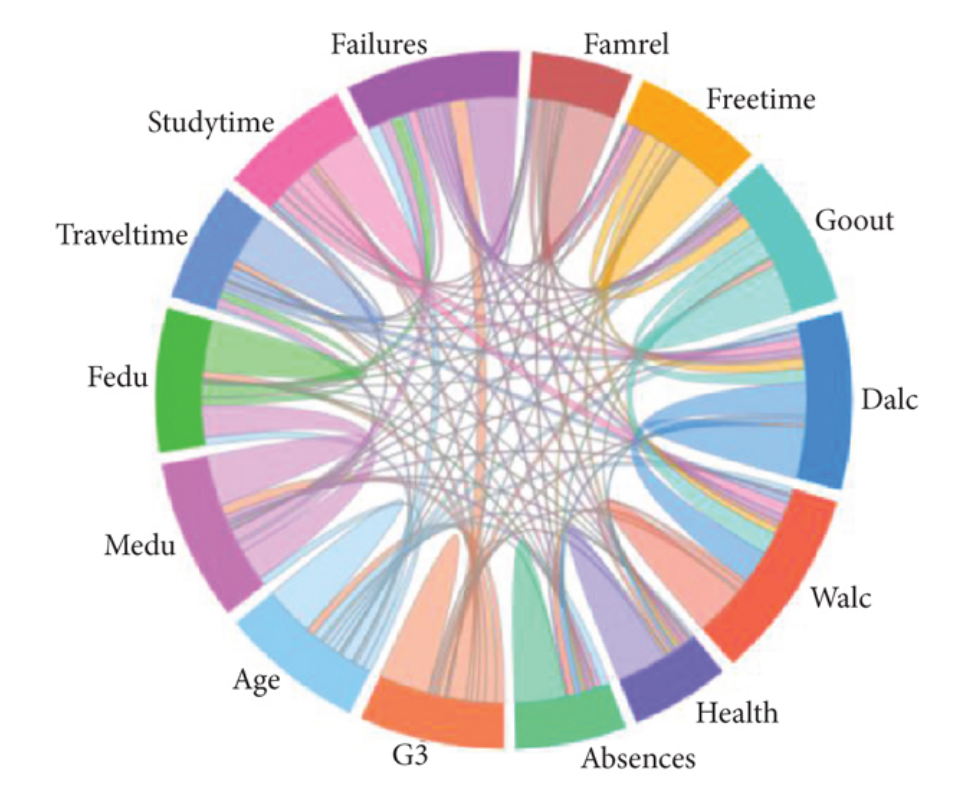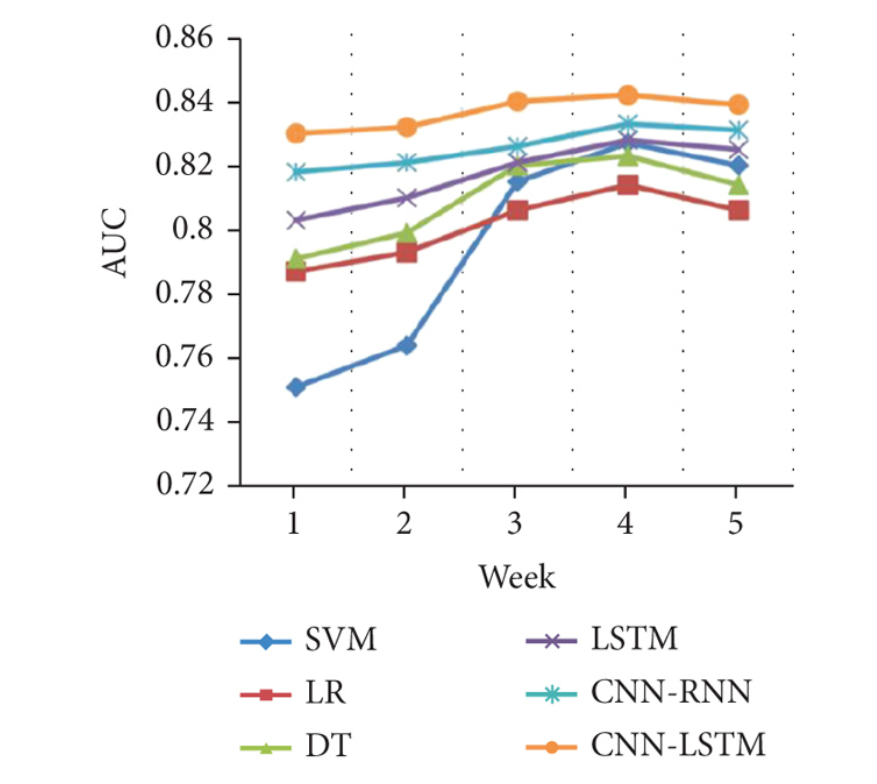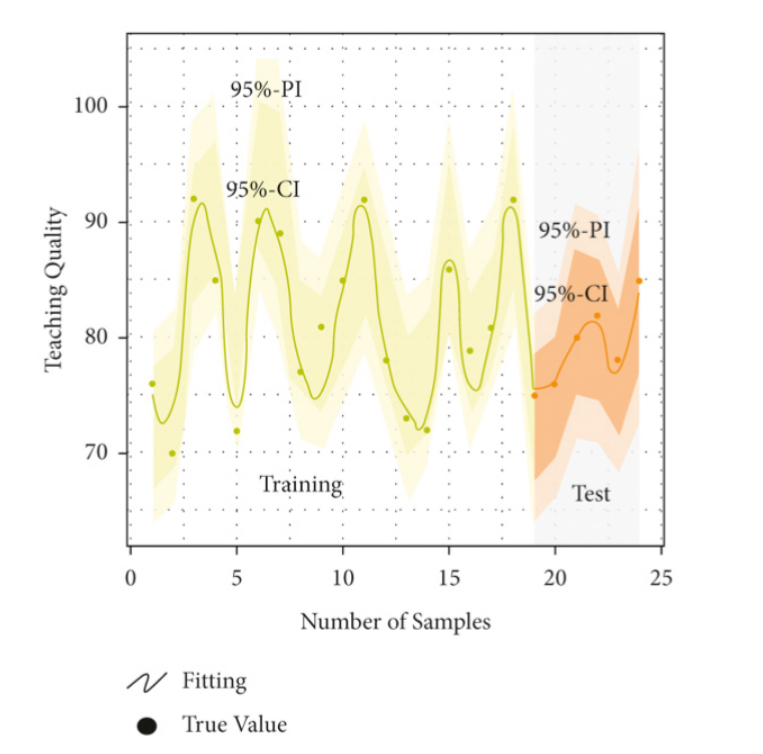 An open access journal
An open access journal
Research on teacher questioning in primary school mathematics classroom based on LICC paradigm
Abstract
LICC is a professional model of listening to and evaluating lessons. It observes the classroom from four dimensions: student learning, teacher teaching, curriculum nature and classroom culture. Among them, teacher questioning is an observation point worth studying. Taking "area and area unit" open class as an example, based on the LICC paradigm of classroom observation and the observation scale of "teacher questioning", this paper makes a comprehensive and in-depth observation and analysis of teacher questioning in primary school mathematics classroom. Through observation records and data analysis, the author puts forward some suggestions on primary school mathematics teachers' questioning in order to improve the effectiveness of teachers' questioning.
Share and Cite
Article Metrics
References
- Ministry of Education of the People's Republic of China. Mathematics Curriculum Standard for Compulsory Education (2022 edition)[S]. Beijing: Beijing Normal University Press, 202:32,87.
- SHI Ningzhong, Lin Yuci, Tao Jian, Guo Min. On the core Mathematics Accomplishment in high school Mathematics Education -- Interview with Professor Shi Ningzhong [J]. Curriculum. Teaching Materials. Teaching Methods,2017,37(04):8-14.
- Kuang Kongxiu, Liu Fang, Luo Jinjing. Current situation and Improvement Strategies of Primary school mathematics teachers' classroom questioning [J]. Curriculum. Teaching Methods,2020,40(10):77-81.
- CUI Yunrong. On Classroom Observation LICC Model for Teaching Improvement [J]. Educational Measurement and Evaluation (Theoretical Edition),2010(03):4-8.
- Rowe, B M. Teacher Wait Time: Slowing Down May Be a Way of Speeding Up! [J].American Educator the Professional Journal of American Federation of Teachers,1987,11(1): 43-50.
- He Kekang. Constructivism teaching Model, Teaching Method and Teaching Design [J]. Journal of Beijing Normal University (Social Sciences),1997,(05):76,79.
- Qi Xiaomei. Ausubel's cognitive structure and transfer Theory and Teaching [J]. Heilongjiang Higher Education Research,2004(05):99-100.
- Zhu X H. Question Design in reading teaching classroom: Common problems and improvement strategies [J]. Curriculum. Teaching Materials. Teaching Methods,2009,(10):45,48.
- Wu Zhengxian. How can teachers design more effective classroom questions? Wechat public number "21CN Youth Science and Technology Creators", March 15,2023.

